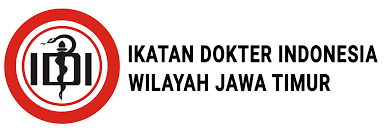Impacts of Covid-19 on Persons with Disabilities who received Vocational Training from CRP: A Telephonic Survey
Keywords:
Impact, Person with disabilities, Covid-19, Vocational TrainingAbstract
Introduction: The Covid-19 pandemic situations affect all groups of people in society. Covid-19 presented disruptions in work routines and unprecedented job loss for millions of people all over the country, including Persons with disabilities (PWDs). During the pandemic, PWDs harmed their physical, mental, and social lives.
Material and Methods: This study used a cross-sectional design, and data were obtained from 96 PWDs who received training from the Vocational Training Institute of the Centre for the Rehabilitation of the Paralysed (CRP). The telephone survey was done with self-administered questionnaires. Descriptive statistics were used for the data analysis.
Results: Among the total participants were men (76%) and women (24%). During the pandemic, 93% followed basic protection against infection, 32% received government emergency support and 97% of participants shared that their shops/factories and jobs were shut down for 1-2 months. On the other hand, 82% of participants reported having no monthly wage, and 91% of participants’ families had significantly negative impacts on their physical and mental health and family income and were unable to access all sectors.
Conclusion: The Covid-19 pandemic followed by the national lockdown to mitigate the transmission of the virus, but the sudden disruption of social support and assistance to the groups of PWDs had a serious impact on their daily living activities, livelihood, and also on economic status that impacted the overall quality of life. So, the government or non-government organizations should take the lead to initiate a disability-inclusive approach along with improving access for PWDs while planning for pandemic responses.
Downloads
Published
Issue
Section
License
Copyright (c) 2024 Sk. Moniruzzaman, Md. Habibur Rahman, Salim Rahman, Muhammad Millat Hossain, Sanjida Subahan

This work is licensed under a Creative Commons Attribution 4.0 International License.








































